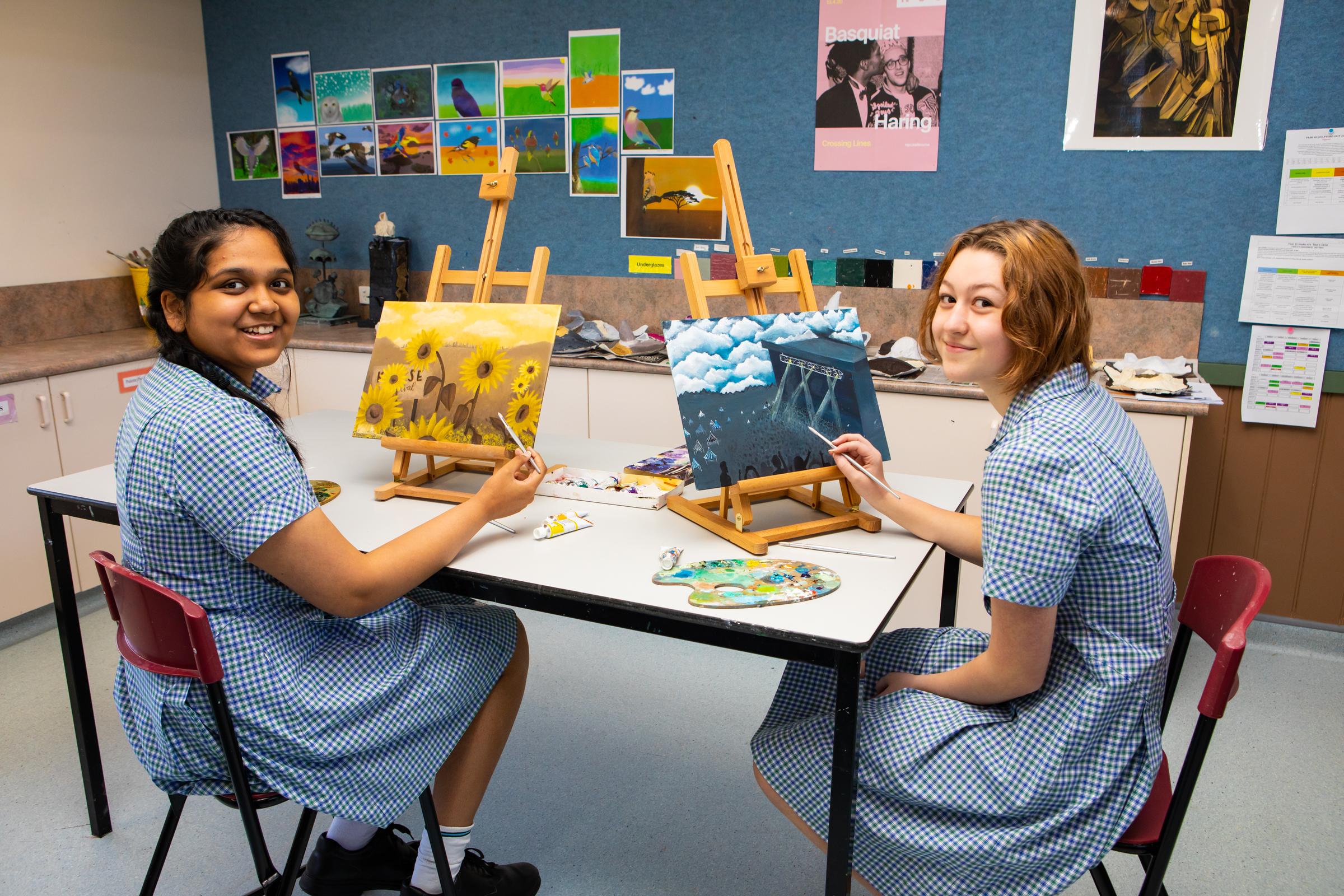Wellbeing Report
Miss Carla Giardina
Head of Wellbeing

Wellbeing Report
Miss Carla Giardina
Head of Wellbeing
Teachers, students, and their families have experienced a range of challenges this year, including increased stress and anxiety which has been complicated by rapid adjustments to Home Learning and social distancing. Whilst we still do not fully understand the long-term impacts that the pandemic will have on children and adolescents, the College has several layers of wellbeing supports in place that serve to continue to develop the ability of our students to cope and thrive in the face of negative events, challenges, and adversity. But why have some students struggled more than others? To answer this question, Beyond Blue has developed a relatable way of explaining the concept of resilience.
Imagine a plane encountering turbulence mid-flight. The turbulence, or poor weather, represents adversity. Different planes will respond to poor weather conditions in different ways, in the same way different children respond to the same adversity in different ways. The ability of the plane to get through the poor weather and reach its destination depends on:
(https://healthyfamilies.beyondblue.org.au/healthy-homes/building-resilience)
Resilience is not something that we are born with, it is something that develops over time and by supporting children and adolescents to develop their skills to build resilience, we can minimise the effects of negative stressful situations.
All staff at the College are engaged in the wellbeing of our students. Students are also able to develop a pastoral connection either through their classroom teacher or, for older students, through the Assistant Head of School or Head of House. Facilitating pastoral connections has always been an important component of student wellbeing and resilience. Existing research identifies the student-teacher relationship as a powerful predictor of a sense of student belonging. Developing this sense of belonging is a significant protective factor for students due to its positive relationship with a range of variables associated with psychological functioning, mental health, wellbeing, and positive academic outcomes.


The Wellbeing Committee continued from last year to roll out the Be You Framework, a national initiative for educators, aimed at protecting positive mental health for young people. The initiative was developed in collaboration with BeyondBlue, the Australian Psychological Society, and the Principals Australia Institute, and is regarded as an evidenced based approach to developing resilience for children and adolescents. The Framework helps us to better respond to students’ mental health needs by:
The Be You Framework will also support us to develop mentally healthy communities, family partnerships, learning resilience, early support and responding together.
This year has also seen the genesis of the Schoolwide Positive Behaviour Support Framework which is a broad range of systemic and individual strategies for achieving important social and emotional learning outcomes in schools whilst preventing inappropriate behaviour. Whilst this framework is still in its infancy, we are excited to continue to develop and refine the framework for our students and school community in 2022.
In addition to whole school approaches, the Student Wellbeing team has continued to provide individualised counselling support both face-to-face and through Zoom during periods of Home Learning. A big thank you to students, staff and families for their enduring commitment and support to improving the wellbeing of our students and school community.